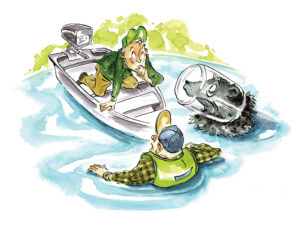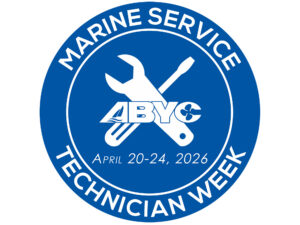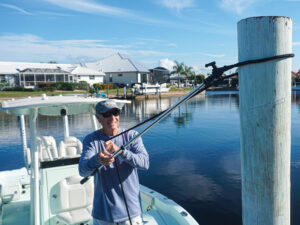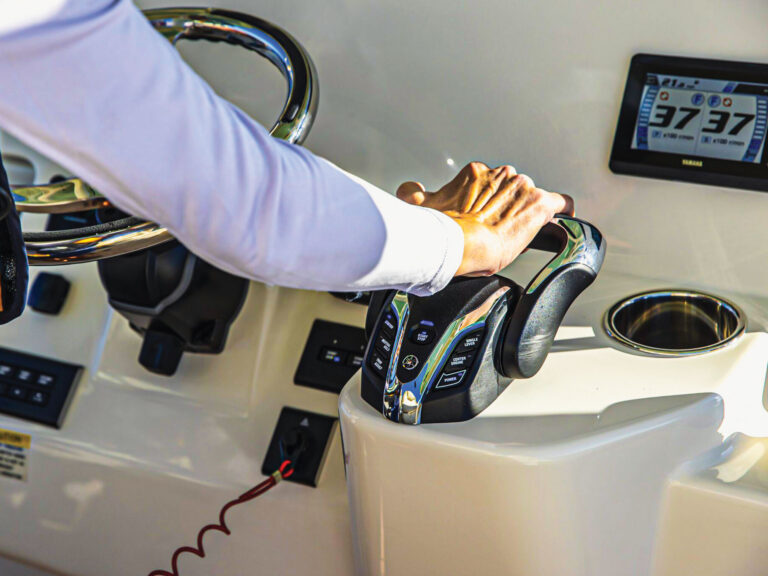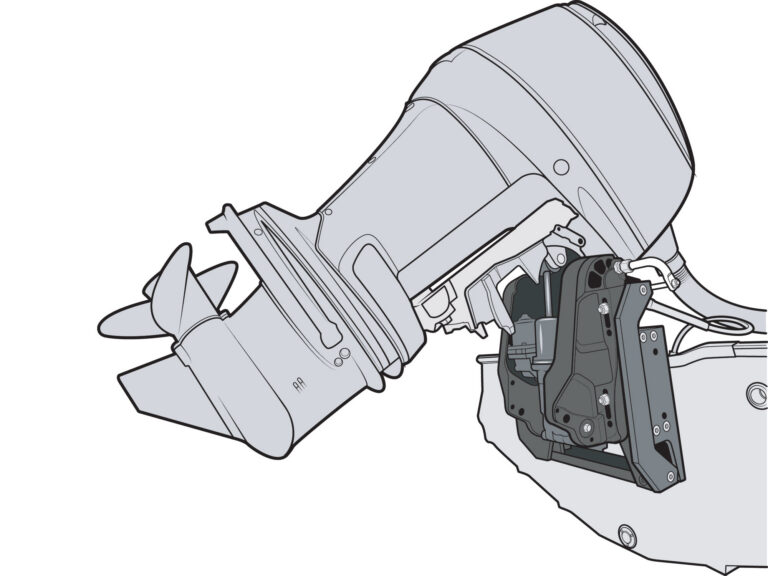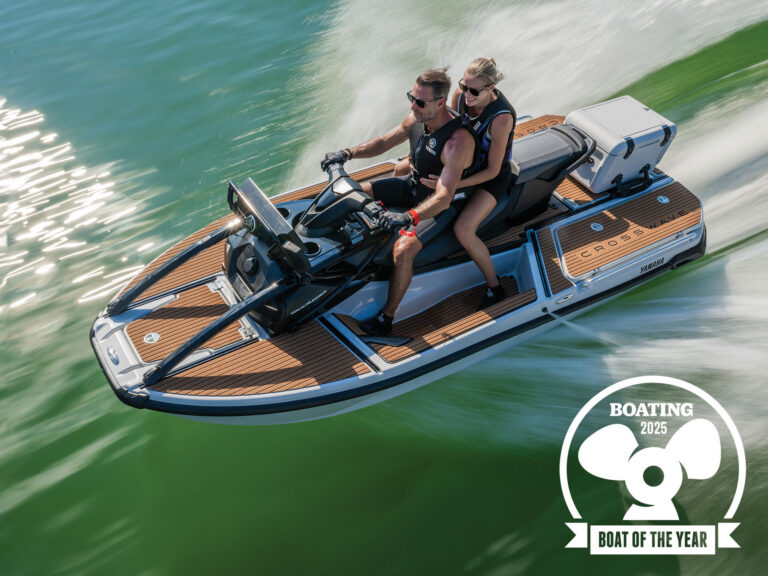
As a boat captain, succumbing to pressure can turn out poorly. Case in point: Capt. Edward John Smith, master of RMS Titanic.
Against his better judgment, Smith acquiesced to pressure from the higher-ups in the White Star Line, which owned Titanic, to exceed safe speeds based on the course he had set through the iceberg-strewn north Atlantic on that fateful night of April 15, 1912.
Smith might emerge as the most tragic, but he is far from the only captain who allowed pressure to affect decisions related to safety. Most captains reading these words have also fallen into this trap. That includes me.
Pressure can emerge in many guises. Often it comes from guests giddy with the anticipation of spending the day on the water. It’s difficult to break the news that the weather forecast has put a crimp in the plans. Seeing the disappointed faces can lead you to second-guess yourself. Yet resisting this pressure is the responsible move.
Among avid boating anglers, the pressure to catch fish can result in crazy lapses in prudent seamanship. It often involves a captain’s ill-advised decision to head out into the teeth of a mean sea, dense fog or driving rain—all in the hopes of catching fish. Sometimes it’s about the pressure to stay for one last cast.
Such was the case one spring morning as two buddies and I were enjoying phenomenal bass fishing—a 5-pounder on almost every cast. The water was calm, but sullen gray clouds hung low. Presently, the air began to crackle and hum. A touch of a stainless-steel rail sent a shock up my arm. “Fellas, we gotta go!” I barked, sensing we were afloat at ground zero of a pending lightning strike.
“Ah, come on! Just one more cast,” my crew responded.
“No way! Lay those rods down and let’s go.” I fired up the motor, and we high-tailed it. Had I succumbed to the pressure to stay, I might not be around the tell the tale.
Sometimes pressure is self-imposed, like the time I wanted to treat my wife to a cruise along the Pacific Coast from San Diego to the Hotel Coral and Marina resort in Ensenada, Mexico, to celebrate our anniversary. However, the night before our departure, a low-pressure system moved in along the coast, bringing with it rain and wind. Come morning, the storm abated, and I decided that we would head out. Unfortunately, residual slop left the ocean festooned with steep, menacing rollers.
Two miles outside the inlet, I realized my mistake, apologized to my wife, carefully came about, and slogged back into the sheltered waters of San Diego Bay. Ultimately, I had let the self-imposed pressure overrule my intuition and respect for the power of the ocean.
Trying to adhere to a schedule brings pressure that no skipper wants or needs. When planning trips aboard my boat, crewmembers who try to establish timetables for returning to port are met with a swift caveat: weather permitting. Call it passive aggressive, but that’s how I resist pressure. On more than one trip, I’ve chosen to spend the night in a protected anchorage rather than face the afternoon cauldron of white-capping waves. My fishing buddies might miss date night, but I always have plenty of food and drink, as well as blankets and pillows for overnighting.
Finally, ego can play a role. Some captains don’t want to appear afraid. This manifests in self-inflicted pressure to -venture out in less-than-ideal conditions. That’s not me, and it’s earned me the nickname Mr. Conservative (no political connotations, please). And I’m good with that because guests who know me well know better than to push me. They know that if I’m out there, it’s because I believe it’s safe, and not because someone or something pressured me to go.

